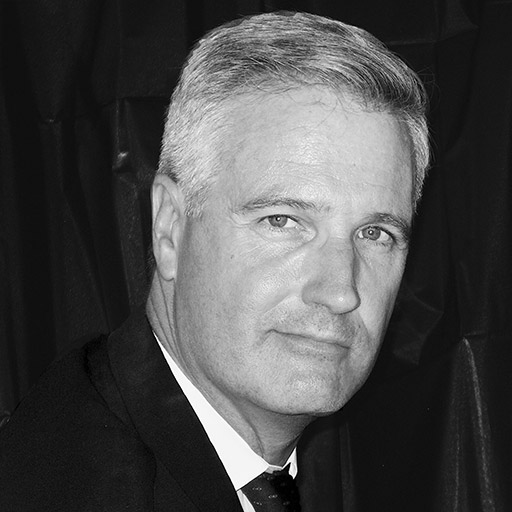The SARS-CoV-2 (COVID-19) pandemic has exposed many new ethical questions involving the courts. The national “shelter-in-place” directive left businesses and government agencies scrambling. Courts worked to save employee jobs. Many courts were fortunate to receive emergency funding and retain employees for weeks while they remained at home. Other courts were able to establish “telework” protocols allowing some (perhaps, not all) employees to work from home. Less fortunate courts were forced to start furloughing employees for several days a month. Still others laid off…
This content is only available to NACM members
To gain full access to this article you must login, if you are not a member you can start a free trial to access the Court Manager free for the next 7 days and receive access to valuable information relating to your court. After your trial, we encourage you to become a member and take advantage of all that NACM has to offer!


